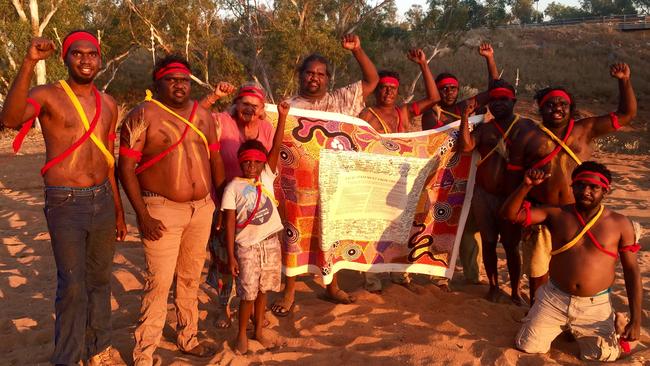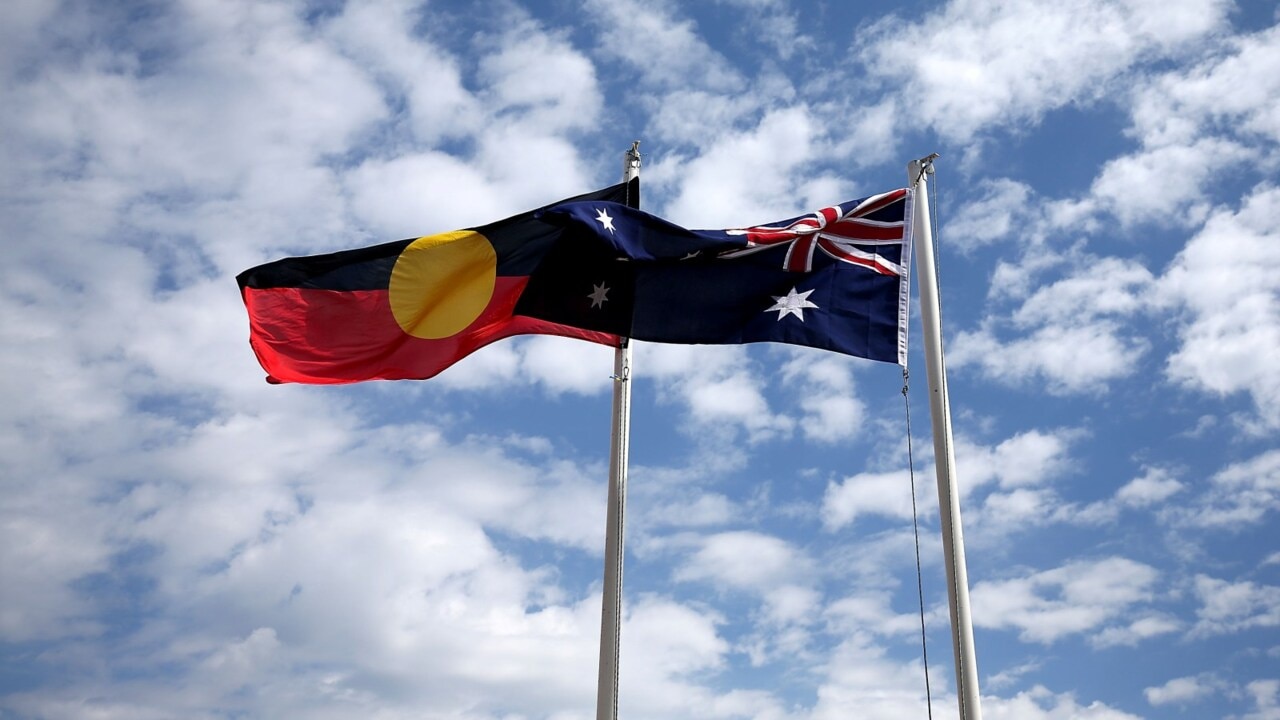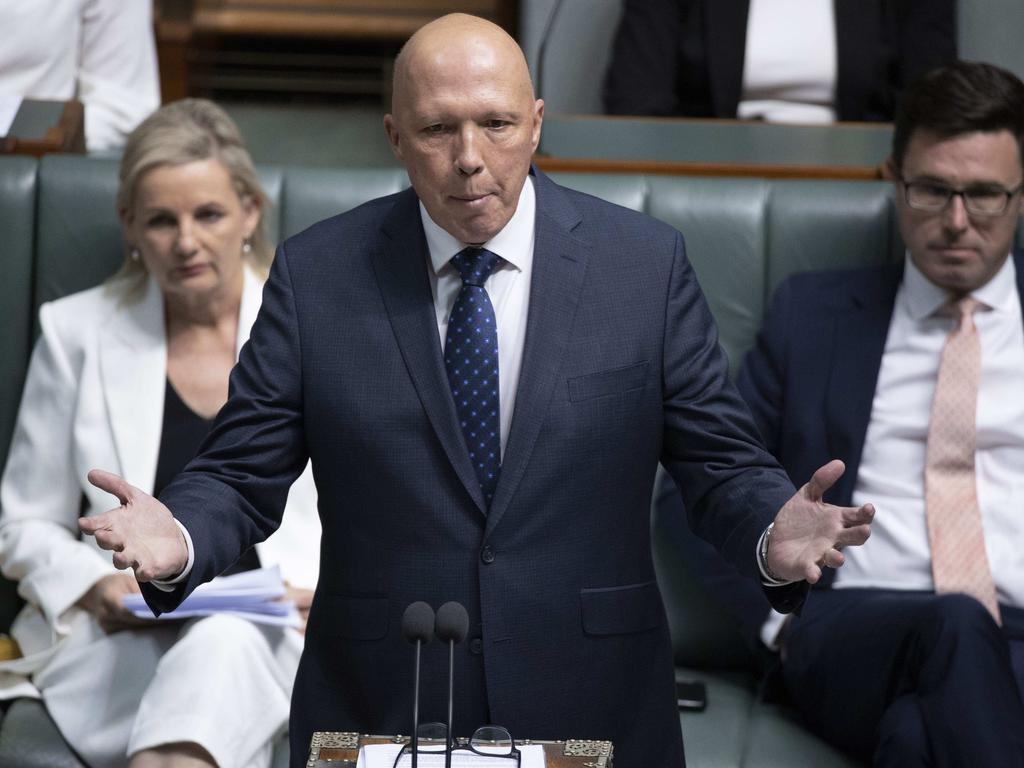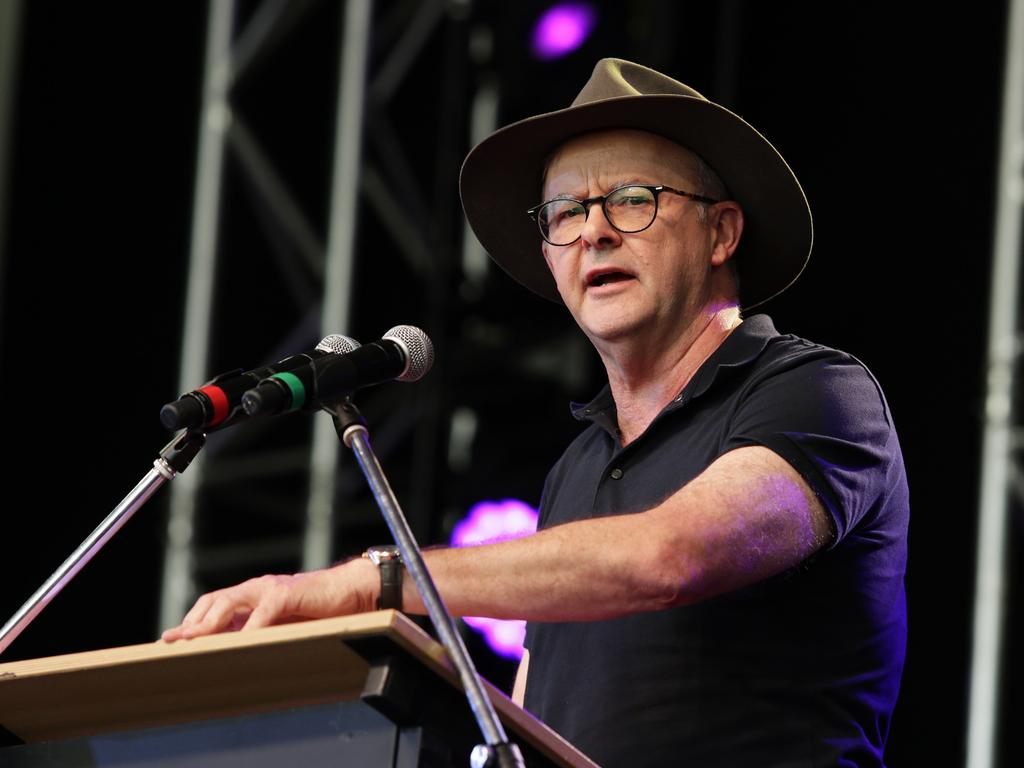Time for us to vote for legislation on a voice

For decades governments remained apprehensive about pursuing significant and bold reform in Aboriginal policy unless there was seemingly unanimous support from the Aboriginal community. This meant policy inertia and reform simply tinkered around the already existing structures of exclusion or government dysfunction.
With the Mabo High Court decision and the Native Title Act statutory response, Aboriginal Australia has developed, during the subsequent 30 years, a strong and credible representative structure through the Prescribed Bodies Corporate; that is, those corporate entities that hold native title on behalf of the traditional owners.
As a result, Australia now has in place a credible local voice to speak on behalf of country. Importantly, this provides the opportunity for Aboriginal Australia to make decisions in a sensible, credible way, free from the unfair demands of unanimity.
Sometimes these decisions are difficult and contentious, and there has been an on-going effort by the green left to ensure that the requirement for unanimity remains to stifle development and to undermine those PBCs that seek to embrace economic opportunities for their people.
The credibility of PBCs, and governments’ growing confidence in them, has been recognised by the state that fought native title the strongest, Western Australia.
Now in WA, thanks to the new Aboriginal Cultural Heritage Act, the voice of the PBC is embedded in the land management regime in what is the strongest Aboriginal heritage protection regime in the country.
Which brings me to the proposal for a constitutionally entrenched voice to parliament. Of course, there will not be unanimity from Aboriginal Australia, but there is clear overwhelming support that a position of advice, entrenched and permanent, will be able to provide input into relevant legislation. That proposition is not, nor should it be, controversial.

Why do we need a voice? In my view government needs access to a credible source of advice to ensure, first, a constructive engagement with that part of our national community most excluded from the mainstream economic success of our nation; and, second, access to Aboriginal experts to ensure policy is more effective, which we all recognise and accept has not been the case to date – or, to put another way, to ensure the taxpayer dollar is spent with better outcomes.
These two reasons have bipartisan recognition, as our history shows.
There have been two obvious forms of a voice at a national level in my lifetime. First, the Aboriginal and Torres Strait Islander Commission. ATSIC failed primarily because it was also burdened with a significant program delivery responsibility, which rightly should remain the province of government departments.
However, ATSIC did have strength in its broadly credible representative model that ensured a flow of opinion and expertise from urban, rural and remote Australia. This was the main loss when ATSIC was abolished. Second, the Mundine model set up under prime minister Tony Abbott in 2013. Warren Mundine was chosen to head a national advisory committee and Abbott said at the time of appointing Mundine: “I think we will be an incomplete country unless we do better than we have thus far and I do believe white and black Australians have to march into the future together in a way that we really haven’t in the past.” Precisely.
Inevitably, the Mundine model was always going to fail because it did not have the credibility of a representative model that was the strength of ATSIC. Mundine was always going to be the victim of the critique that he now holds against the voice proposal: that it cannot possibly represent the views of a diverse community that is Aboriginal Australia.
It is the same argument as to why it is entirely unfair, and disenfranchising, to expect Aboriginal members of parliament to hold in their hands the views of Aboriginal Australia – that is not why they have been elected to parliament.
The debate now is about whether a voice should be embedded in the federal Constitution. At some point in the past 30 years all sides of politics have accepted the need for a representative Indigenous voice, including some of the most conservative MPs. The models have come and gone but government cannot hope to develop and implement policies without the input, advice and credibility that an embedded voice can provide. This is why most state governments have a voice of their own in some form or another.
Abbott accepted the need for a voice. Mundine was that voice. They now oppose the concept in arguments that range from lack of detail through to the authority for a voice to speak.
Now is the opportunity for Australia to end the doubt and require the parliament to legislate a national voice. The strength of the proposal is that it leaves responsibility for the structure of the voice to the parliament.
This is the very strength of our entire system of government and why it is we have a High Court in its form and a prime minister and cabinet to govern us. These are the conventions formed by our Westminster system under the authority of a skeleton Constitution. The success of a voice will be the ability of the parliament of the day to reform where needed. But a constitutional requirement will mean, simply, that an Aboriginal voice will always need to exist.
In appointing Mundine, Abbott was right: we will be an incomplete country until white and black Australia can march into the future in a way that we have not yet done in the past. Surely a role defined in our national Constitution is simply obvious?
Ben Wyatt is a former West Australian treasurer and minister for Aboriginal affairs. He is an Aboriginal Australian. He is on the boards of Rio Tinto and Woodside.







The demand for unanimity has always been the enemy for Aboriginal Australia.